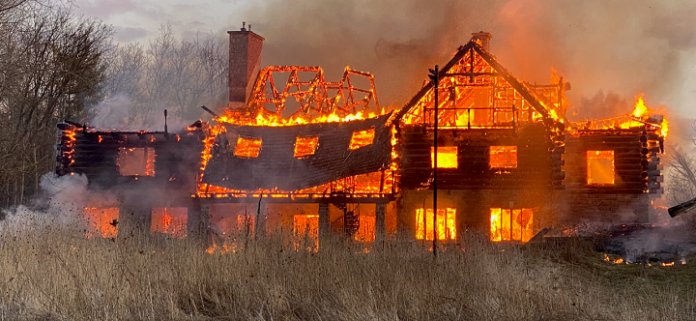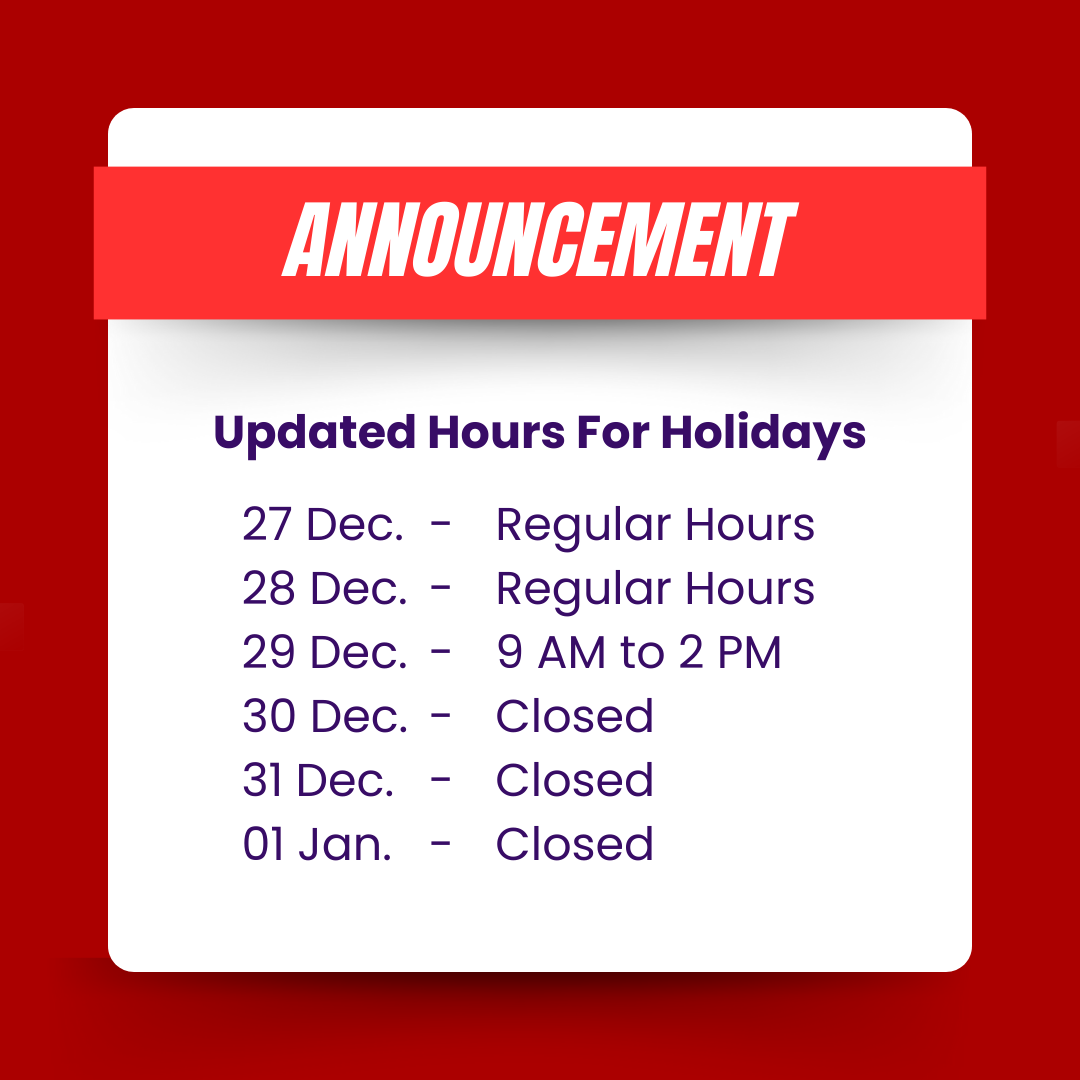In the past few years, there have been a lot more wildfires than ever recorded. Due to climate change, there are more dry seasons and hence more wildfires and many of them occur naturally. However, some of them are caused by people. Listed below are some tips that can help you prevent these wildfires.
- Read the local signs, laws and news carefully. If you are not allowed to light a fire according to the authorities, please obey the rules. A lot of communities and forested areas post fire danger signs to let visitors know when it’s safe or not to light a fire. Local authorities will fine people if they catch you disobeying the law.
- Keep flammable things away from things like candles and lighters. It’s important that the candles cannot be knocked over so placing them in a sturdy place somewhere alone is important.
- If you smoke, make sure to properly put out cigarette butts in water. Also, make sure to put out the cigarette butt away from materials such trees and dry leaves. When you’re finished, it’s important to make sure to fully extinguish it. Make sure to never throw a cigarette butt from the window of you’re driving through a forested area.
- It’s important to realize that when you are doing fireworks, never set them off during a fire ban or in an area with dry or flammable materials around. If you are in an area which allows you to set fireworks, make sure the space is open and clear from dry forested areas. Make sure to have the right extinguishers in the close to you in-case something happens.
Explore the dynamic relationship between wildfire prevention and life insurance policies, uncovering the strategic steps individuals can take to protect their homes, families, and financial well-being.
Understanding the Urgency
In an era marked by climate change and increasing environmental concerns, preventing wildfires has become a critical aspect of safeguarding our planet. Wildfires pose severe threats to ecosystems, wildlife, and human communities. Adopting proactive measures is not only crucial for preventing these disasters but also for preserving the delicate balance of our natural world. This article delves into the important steps that individuals, communities, and governments can take to mitigate the risk of wildfires and protect our environment.
Embrace Fire-Resistant Landscaping Practices
One fundamental approach to wildfire prevention is adopting fire-resistant landscaping around homes and communities. Selecting fire-resistant plants, creating defensible spaces, and maintaining a safe distance between trees and structures can create a barrier that impedes the progress of wildfires. This not only protects individual properties but also contributes to the overall reduction of wildfire risks in a community.
Establish Clear Firebreaks and Defensible Spaces
Creating firebreaks and defensible spaces is a strategic measure to impede the advance of wildfires. These controlled, barren areas act as barriers, preventing the rapid spread of fires. Communities should collaborate to establish and maintain these zones, reducing the intensity of wildfires and providing firefighters with a better chance of containment.
Conduct Regular Fire Safety Audits and Inspections
Regular fire safety audits are essential for identifying and addressing potential fire hazards. Governments and local authorities should conduct thorough inspections of public spaces, parks, and recreational areas to ensure that preventive measures are in place. Moreover, homeowners should also perform regular audits of their properties, eliminating any factors that might contribute to the rapid spread of wildfires.
Implement Stringent Campfire and Outdoor Burning Regulations
Uncontrolled campfires and outdoor burning can quickly escalate into wildfires, particularly in dry and windy conditions. Governments must enforce stringent regulations regarding campfires and outdoor burning, especially during peak fire seasons. Public awareness campaigns can also educate individuals about the responsible use of fire in outdoor settings.
Invest in Early Detection and Warning Systems
The timely detection of wildfires is critical for effective intervention. Investing in advanced early detection systems, such as surveillance cameras, satellite monitoring, and sensor networks, can significantly reduce response times. Rapid alerts enable firefighting teams to contain smaller incidents before they escalate into catastrophic events, saving lives and preserving ecosystems.
Foster Community Preparedness and Education Programs
Community engagement is key to wildfire prevention. Establishing educational programs that inform residents about the risks of wildfires and the steps they can take to protect their homes and neighborhoods is essential. This grassroots approach builds a collective understanding of the importance of individual actions in preventing wildfires.
Develop and Practice Evacuation Plans
In the event of a wildfire, having a well-thought-out evacuation plan can mean the difference between life and death. Governments and communities should collaborate to develop comprehensive evacuation strategies that prioritize the safety of residents. Regular drills and simulations can ensure that everyone knows the proper procedures and escape routes.
Support Research and Innovation in Firefighting Techniques
Advancements in firefighting technology are crucial for enhancing our ability to combat wildfires. Governments, research institutions, and private enterprises should invest in the development of innovative firefighting techniques, such as using drones for aerial firefighting, specialized fire-retardant materials, and artificial intelligence for predicting fire behavior.
Advocate for Sustainable Forest Management Practices
Sustainable forest management is integral to reducing the risk of wildfires. Governments and forestry agencies should implement practices such as controlled burns, selective logging, and reforestation initiatives to maintain healthier and more resilient forests. This not only prevents wildfires but also ensures the long-term viability of ecosystems.
Address Climate Change and its Impact on Wildfires
Climate change exacerbates wildfire risks by creating hotter, drier conditions conducive to fire spread. To effectively prevent wildfires, it is imperative to address the root cause—climate change. Governments, businesses, and individuals must actively participate in initiatives aimed at reducing greenhouse gas emissions, transitioning to renewable energy sources, and promoting sustainable practices to mitigate the impact of climate change on wildfire frequency and intensity.
Conclusion
Preventing wildfires requires a multifaceted, collaborative effort from individuals, communities, and governments worldwide. By embracing fire-resistant practices, investing in early detection systems, fostering community education, and addressing climate change, we can build a more fire-resilient future. Each step taken today contributes to the preservation of our precious ecosystems, the protection of wildlife, and the creation of a safer and more sustainable planet for generations to come.







